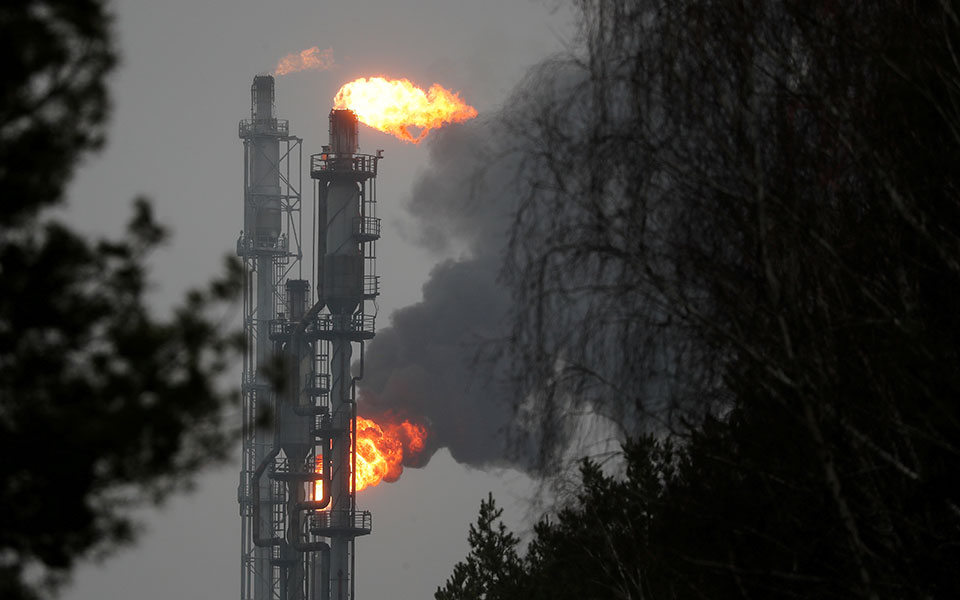With oil prices in international markets remaining close to pre-conflict levels, concern is focused on the gas sector, where Israel has an important position.
Research by Goldman Sachs says the ongoing conflict in the Middle East could impact European economies “through less trade with the region, more restrictive financial conditions, higher prices, and lower consumer confidence.”
We consider that any trade impact is likely to be minimal, because exports from the eurozone and the UK to the region are small, and spillovers from the conflict over energy prices could, in principle, have significant impacts on European growth and inflation. For the euro area there would be an increase in global inflation of about 0.3 percentage points and a decrease in growth of about 0.2 basis points, if there was a 10% increase in oil prices.
Although the North American consultancy admits it does not have a sustained track record on the matter that would allow it to set a clear benchmark, the tensions could have ramifications across energy markets such as gas. “Since the outbreak of the current conflict, commodity markets have also seen an increase,” although the conflict has not affected oil supplies so far.
However, Goldman Sachs believes that oil prices will rise in the worst-case scenario by 5% to 20%, taking into account that a sustained 10% increase in oil prices generally reduces real GDP by about 0.2% after one year. Fortunately, as the consultant points out, the Brent price is at levels similar to pre-conflict times.
But developments in gas prices represent a more serious challenge, as the increase is due to the decline in global exports of liquefied natural gas from Israeli gas fields and the decline in the current gas market’s ability to respond to negative shocks.

“Wannabe internet buff. Future teen idol. Hardcore zombie guru. Gamer. Avid creator. Entrepreneur. Bacon ninja.”

